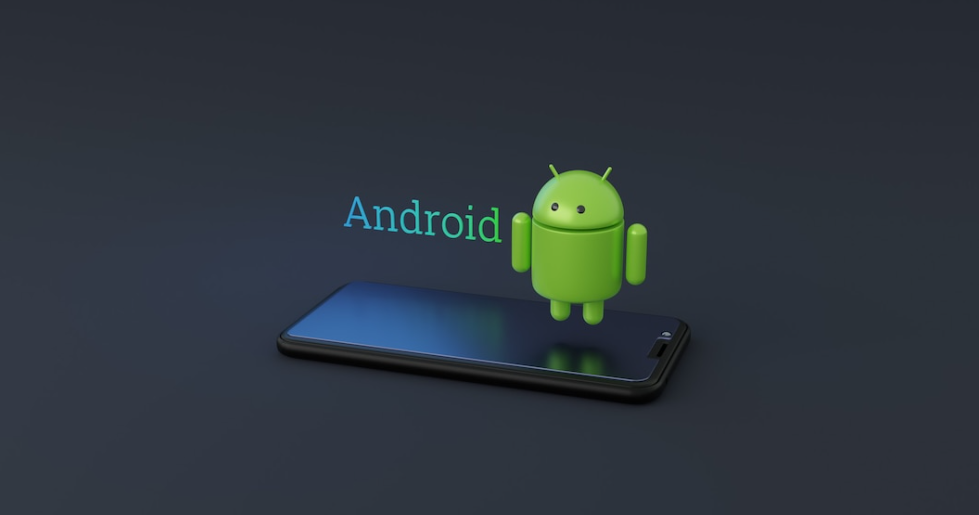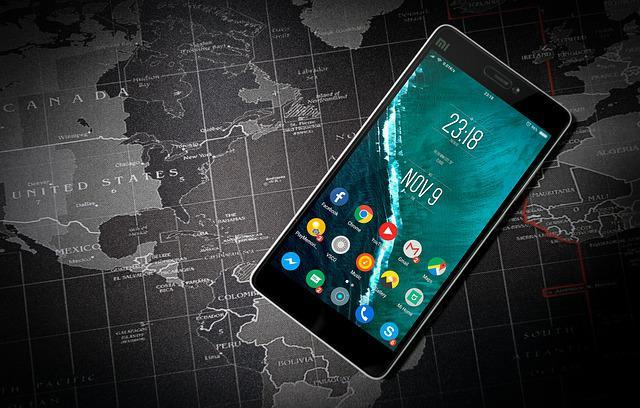
What Are the Native Android Apps?
September 14, 2022
One of the best ways to make a profit is to develop applications for specific platforms. This can be a task at hand for many and often sets individuals up for failure.
Native Android Apps are applications designed to run and function on Android devices and operating systems. This means that to have an app developed for an Android platform, users will need android devices.
The Native Android apps are built to run mainly on Android devices. Google Play store also categorizes these apps as Android Apps.
In short, we can say that these apps provide the best experience for users by providing them with rich interfaces and high-quality graphics.

How do Native Android Apps work?
The term "native app" refers to Android app development for a specific platform, in this case, the Android mobile operating system.
Native apps are coded in a specific programming language—usually Java—that makes them compatible with and optimized for the various devices, operating systems, and other features of a particular platform, such as Android.
Java is an object-oriented programming language, which means that it allows developers to create many objects in a single class. When developers create an object in Java, they essentially make a copy of the class.
When you want to run an app on your phone or tablet, you must first download and install it from the Google Play store. You can then open the app and start using it immediately.
Why Native Android Apps?
One operating system's distinctive characteristics and features make them attractive to developers. For example, a native Android app developer might take advantage of the fact that many Android users expect apps to be free.
In computing terms, a native app is a program designed specifically for use on a particular device or platform.
A native app can take advantage of the unique features of that platform and interact with other software installed on that platform since it has been specifically developed for that platform.
Native apps can provide optimized performance and take advantage of the latest technology, such as a GPS, accelerometer, or digital compass.
A mobile app developer may be able to create new features and functionality not available with other types of applications.
A native app is installed through an app store (such as Google Play or Apple's App Store). It is downloaded directly onto the device and can be accessed by clicking on an icon from its home screen.
Get a Free consult with an Expert. Are you ready to build a Business App?

Benefits of Native Android Apps
There are many benefits to writing an app natively. First of all, they can be faster and more stable than other types of apps (like hybrid ones).
- Native Android Apps are the most secure apps out there. These apps come with the unique "sandboxed" feature. It is a platform-independent of other apps, and thus, it can protect user data from other applications. If you want us to build an app with sensitive information or data, you must opt for Native Android App Development.
- Native Android Apps have great speed as compared to other types of apps. These apps can perform tasks instantly as they have access to the device's hardware, resources, and tools.
- Native Android Apps are very stable compared to other apps like web apps. These apps have better graphics and features using native languages like Java and Kotlin.
- Native Android Apps have great performance and reliability. They do not crash under extreme circumstances; it only happens when there is an issue with the device's memory or storage scale.
- Native apps can also take advantage of libraries written by Google or third parties. Examples include OpenCV, a library for computer vision applications, and Apache Cordova, a cross-platform toolkit used to write native apps with HTML5.
Cons of native Android apps
- One issue with native Android apps is that you must rely on Google Play and the .apk file to update it. You can, of course, opt for other ways to update your app, but these are considered illegal in most cases.
- Another drawback has proprietary programming language knowledge to make your own app.
- While this isn't as hard as it seems, many don't want to bother learning the language of Java. This makes creating a native Android app very complex in this respect.
Summary
More and more people are using their Android devices for everything from business to entertainment, and you can keep up with the times by downloading a native Android app.
Although native Android apps will offer you the most flexibility, other viable options are. So don't feel like you have to go native if your project requirements don't absolutely require it.
In Strappberry we are experts in all about mobile app development (Native and Hybrid apps) if you need to talk with an expert contact us here!


